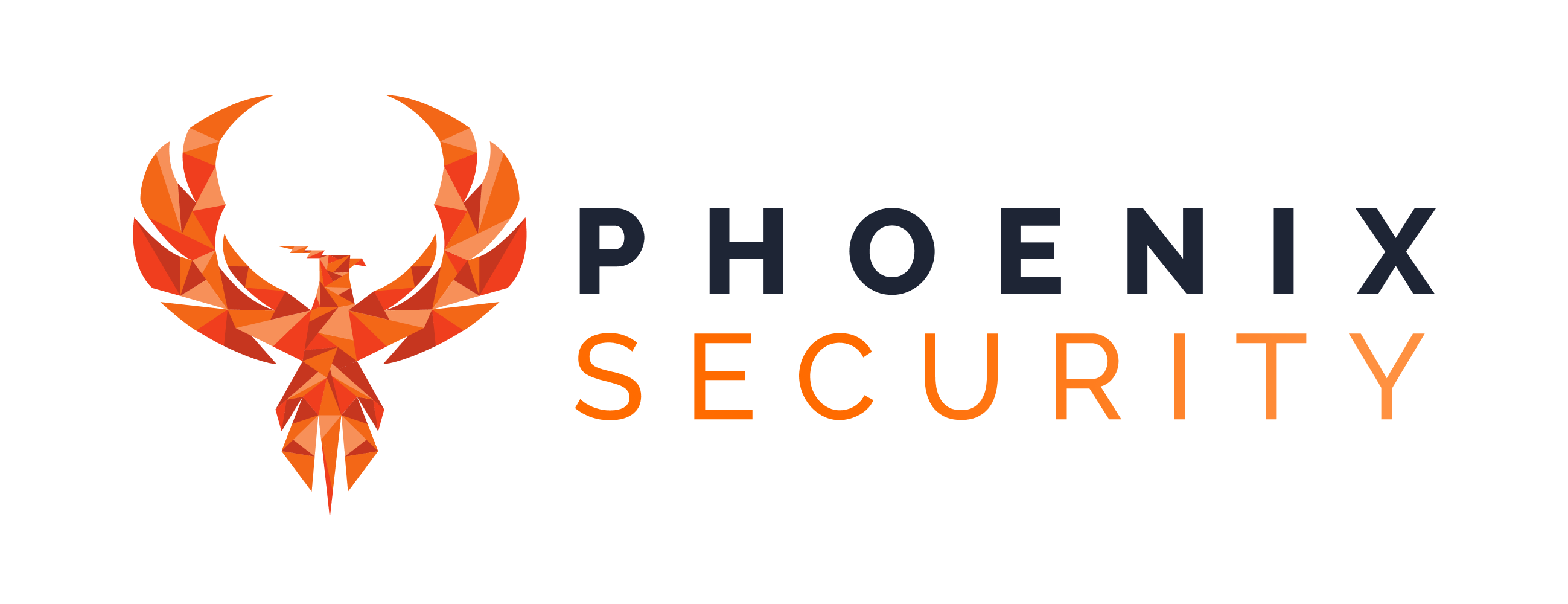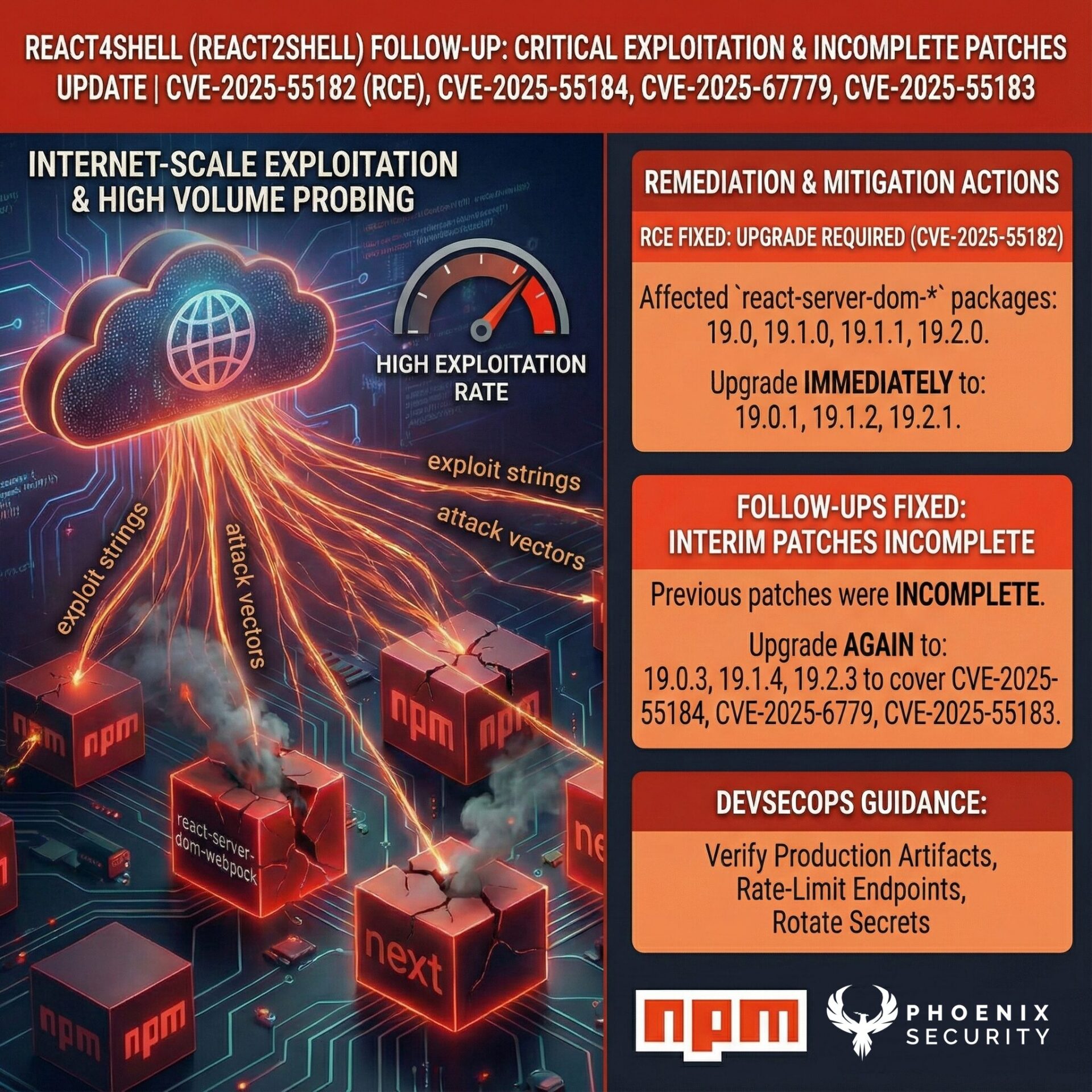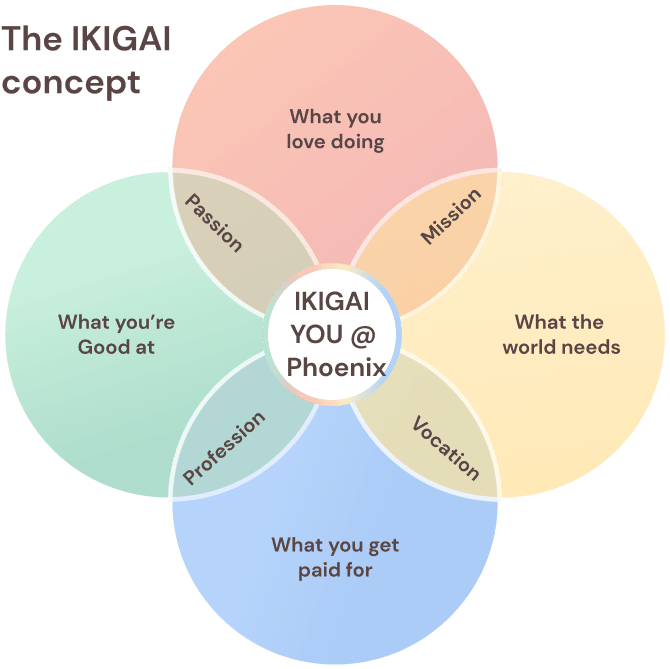
October 2024 – Phoenix Security is excited to launch advanced features to elevate Application Security Posture Management (ASPM), streamline vulnerability management, and enhance vulnerability remediation campaigns. Our latest feature helps the security team monitor and remediate vulnerabilities at scale and schedule work instead of flooding the team with vulnerability data. The new advanced AI system also helps rapidly monitor the vulnerability categories and suggest what campaign should be scheduled.
The AI security remediation campaign aligns with the One Backlog feature and security champion initiative announced last week. These initiatives focus on remediating systemic vulnerabilities and reducing security team burnout.
Contents
ToggleVulnerability Remediation Campaign and ASPM – Summary:
In a time when the next log4j is looming around, effective vulnerability management is crucial for organizations striving to safeguard their digital assets. Phoenix Security’s Vulnerability Remediation Campaign offers a comprehensive approach to streamline and enhance the remediation process across various teams, facilitating collaboration and clarity in addressing vulnerabilities. Recognized as a Gartner Top ASPM provider in the Voice of the Customer 2024, Phoenix Security has partnered with forward-thinking clients to develop innovative use cases that address the multifaceted challenges of vulnerability remediation. This article explores the campaign’s objectives, highlights key use cases, and outlines future enhancements designed to empower security champions and application security professionals in their quest for improved risk management and resilience.
Why Phoenix Security ASPM has been selected as one of the innovators from our clients as part of Gartner Voice of the Customer
We are customer-obsessed! We have been working with key thought leaders and clients to develop this new feature.
Phoenix Security has been recognized as a Gartner Top ASPM provider from the Voice of the Customer 2024. We are dedicated to enhancing collaboration and driving results in vulnerability management. Our innovative approach has been developed with forward-looking clients, helping them tackle their most pressing security challenges.
Get a demo with your data, and start your remediation campaign with ASPM
Why Vulnerability Remediation Is Challenging with Code and Cloud
Remediating a broad category of vulnerabilities in cloud and code (ASPM) can be daunting, especially when it necessitates interaction between multiple teams. Each team has its responsibilities and expertise, making coordination essential yet complicated. Phoenix Security’s new feature simplifies this process and ensures that vulnerabilities are addressed promptly and effectively, aligning with industry standards and best practices.
Use Cases Developed with Phoenix Security ASPM Clients
Use Case 3: Monitoring Specific Trends in Applications and Environments
One of the main use cases for vulnerability campaigns focuses on the ability to monitor specific vulnerabilities and trends within particular applications and environments. Fixing vulnerabilities of specific categories was one of the objectives we put forth for Phoenix.
Developed in collaboration with various Phoenix Security ASPM clients, this feature allows organizations to receive alerts about vulnerabilities in real-time, ensuring they can swiftly mitigate risks before they escalate. By focusing on trend monitoring, teams can remain vigilant and proactive, adapting their strategies to evolving threats.

Use Case 2: Fixing Vulnerabilities at Scale
In collaboration with Clear Bank, we developed a strategy for addressing vulnerabilities at scale, mainly focusing on high-impact issues like the major vulnerability highlighted below. This use case highlights the importance of monitoring which teams are responsible for fixing specific categories of vulnerabilities, allowing organizations to manage risk proactively. The ability to categorize and assign vulnerabilities efficiently ensures that teams can work on the most critical issues without becoming overwhelmed by non-relevant tasks.
Use Case 3: Enhancing Collaboration and Audit Trails
Working with one of the leaders in password management and their Vulnerability Management Team, we identified the need for improved collaboration between remediation teams. We create a clear audit trail that enhances accountability and transparency by enabling teams to add notes and comments in a campaign. This feature ensures that all stakeholders are informed of the remediation progress and decisions, facilitating better communication and collaboration across the organization.

Feature Overview: Core Functionalities of the Vulnerability Remediation Campaign
Phoenix Security’s Vulnerability Remediation Campaign is designed to enhance vulnerability management efficiency and effectiveness by offering a range of core functionalities that cater to security teams’ diverse needs.
1. Dynamic and Static Campaigns

The campaign offers two distinct types of operations:
• Automatic Campaigns: These campaigns capture vulnerabilities as they dynamically appear and reappear across the application landscape. By continuously monitoring for new findings, teams can ensure they are alerted to vulnerabilities in real-time, enabling prompt remediation efforts before potential exploitation occurs.
• Static Campaigns: In addition to automatic detection, teams can also create static campaigns to incorporate specific findings. This allows security teams to focus on particular vulnerabilities requiring targeted attention, ensuring no critical issue is left unresolved.
• Hybrid Campaign: In addition to automatic detection, teams can also add static findings to a campaign while configuring the automatic remediation to incorporate specific findings.

2. Enhanced Collaboration and Notifications
One of the standout features of the Vulnerability Remediation Campaign is its emphasis on collaboration:
• Team Collaboration: The platform enables teams to work together seamlessly, adding comments and notes within campaigns for clarity and accountability. This collaborative environment ensures that all stakeholders are aligned on remediation efforts and aware of their responsibilities.
• Alerts and Notifications: Teams receive real-time alerts and notifications whenever a new vulnerability is added to a campaign. This proactive approach ensures that teams can act swiftly, reducing the risk window associated with newly identified vulnerabilities.
3. Comprehensive Vulnerability Monitoring and Reporting

The Vulnerability Remediation Campaign features robust monitoring and reporting capabilities that enhance the visibility and management of vulnerabilities throughout your organization. With real-time tracking across various locations and organizational units, security teams gain a clear view of their security landscape, ensuring critical vulnerabilities are not overlooked. Users can customize tracking parameters based on geographical location or organizational structure, allowing for targeted remediation efforts. The platform also enables the assignment of specific teams to monitor and remediate vulnerabilities, streamlining accountability and enhancing efficiency. Additionally, all generated tickets are systematically tracked, providing insights into remediation efforts through detailed reports on the status of vulnerabilities, including open, closed, and escalated tickets. This comprehensive approach fosters a proactive stance on vulnerability management, ensuring effective resolution and collaboration across teams.
Future Innovations in Vulnerability Campaigns
In the next quarter, we at Phoenix Security ASPM will continue work on updated version 2 and version 3 of the vulnerability remediation campaigns.
• AI-Based Campaigns: The future development includes integrating AI capabilities to automatically deliver the most relevant campaigns based on the specific vulnerabilities present and the fixes that will yield the highest remediation rates. This intelligent approach will empower teams to prioritize their efforts effectively.
• Enhanced Monitoring and Alerts: Teams will be able to monitor specific vulnerabilities and receive alerts tailored to their needs. This ensures that no critical vulnerabilities go unnoticed and allows teams to remain proactive in their remediation efforts.
• Automated Ticket Creation: The campaign will allow users to automatically open bulk tickets for vulnerabilities on specific backlogs, streamlining the remediation process and reducing manual overhead.
• Custom Notifications via Slack and Email: Teams can be notified of specific vulnerabilities through preferred communication channels such as Slack or email, ensuring that critical information reaches the right people without delay.
• Regular Reporting and Escalation Notifications: Organizations will benefit from regular reports summarizing vulnerabilities’ status and remediation efforts. Escalation notifications will alert the appropriate teams and security personnel when critical vulnerabilities arise, ensuring that the right resources are mobilized swiftly.
Conclusion
Phoenix Security’s Vulnerability Remediation Campaign is tailored for organizations seeking to enhance their application security and vulnerability management practices. By streamlining the remediation process and fostering collaboration across teams, we empower security champions and application security professionals to focus on what truly matters—reducing risk and enhancing the overall security posture of their organization.
If you want to learn more about how Phoenix Security can revolutionize your vulnerability management processes, contact us today for a personalized demo. Together, we can strengthen your defenses and ensure your application security remains robust in an ever-evolving threat landscape.
Start addressing vulnerabilities campaigns and stay on top of your code and container vulnerabilities with Phoenix Security Actionable ASPM

Organizations often face an overwhelming volume of security alerts, and vulnerabilities campaigns like log4j are increasing and identifying what needs to be solved where it is critical. Traditional tools may overwhelm engineers with lengthy, misaligned lists that fail to reflect business objectives or the risk tolerance of product owners.
Phoenix Security offers a transformative solution through its Actionable Application Security Posture Management (ASPM), powered by AI-based Contextual Quantitative analysis with AI-based campaigns to help identify quickly which vulnerability needs to be targeted and by which team. This innovative approach correlates runtime data with code analysis to deliver a single, prioritized list of vulnerabilities. This list is tailored to the specific needs of engineering teams and aligns with executive goals, reducing noise and focusing efforts on the most critical issues.
Why do people talk about Phoenix?

• Automated Triage: Phoenix streamlines the triage process using a customizable 4D risk formula, ensuring critical vulnerabilities are addressed promptly by the right teams.
• Contextual Deduplication with reachability analysis: Utilizing canary token-based traceability for network reachability and static and dynamic runtime reachability, Phoenix accurately deduplicates and tracks vulnerabilities within application code and deployment environments, allowing teams to concentrate on genuine threats.
• Actionable Threat Intelligence: Phoenix provides real-time insights into vulnerabilities’ exploitability, combining runtime threat intelligence with application security data for precise risk mitigation.
• Actionable Vulnerabilities Campaign: Phoenix provides real-time insights identifying top trends and what vulnerability should be addressed with a campaign

By leveraging Phoenix Security, you not only unravel the potential threats but also take a significant stride in vulnerability management, ensuring your application security remains up to date and focuses on the key vulnerabilities.
















